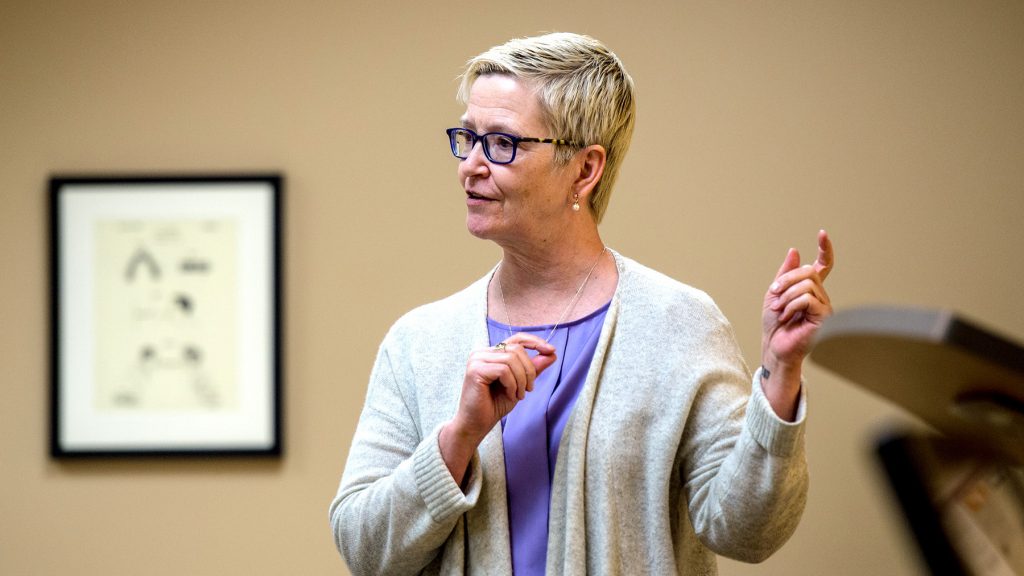
Prof. Sharon Sandeen
A new textbook co-authored by Professor Sharon Sandeen, director of Mitchell Hamline’s Intellectual Property Institute, is taking a big-picture approach to handling the reams and gigabytes of information that businesses collect and create on a daily basis, including issues related to intellectual property protection, privacy, data breaches, and government transparency.
Sandeen worked with Elon Law Associate Professor David S. Levine to write “Information Law, Governance, and Cybersecurity,” a 730-page textbook due out in August by West Academic Publishing. Both professors are noted national experts in information law, intellectual property law, and trade secrecy.
“The central reason for this book is the legal academy tends to be very siloed in terms of how we teach ‘information law,’ which is a fairly new label,” Sandeen said. “The range of information-related problems that arise in businesses run the gamut. We wanted to write something that would give an overview of information law—both the law itself and the practical means of dealing with it.”
The book is meant for both law students and information professionals. It seeks to teach the law, policies, and processes related to what is increasingly referred to as “the practice of information governance.” In the book, Sandeen and Levine examine a wide range of information law topics, including information contracts, information torts, information privacy, government transparency, and cybersecurity. The book also examines information issues in various contexts, including law firms, litigation, and national security.
Sandeen, who first met Levine a decade ago through their mutual research interest in trade secrets, said their complementary professional backgrounds as practicing attorneys allowed them to cover a lot of information-related topics and brings a practical dimension to the textbook.
Levine said he and Sandeen are contributing something new to legal education and hope the book pushes law students and attorneys to think broadly about how information is collected, accessed, regulated, and used.
“This is truly the first of its kind,” Levine said. “We’re really trying to push lawyers to think of these things holistically.”
